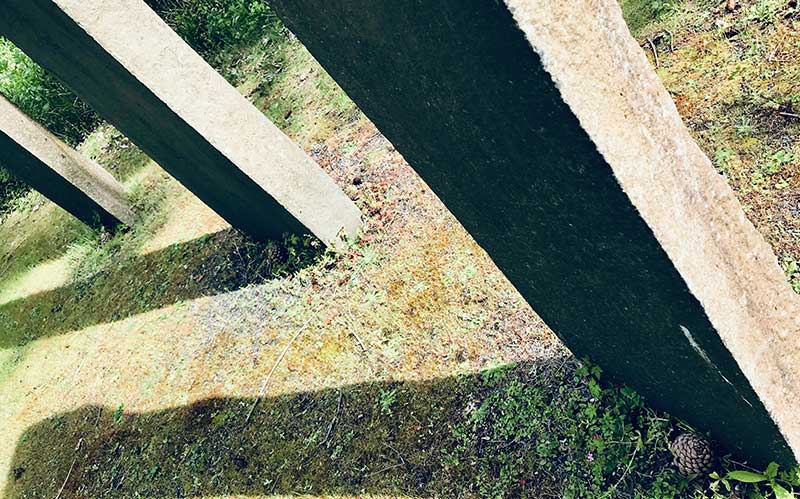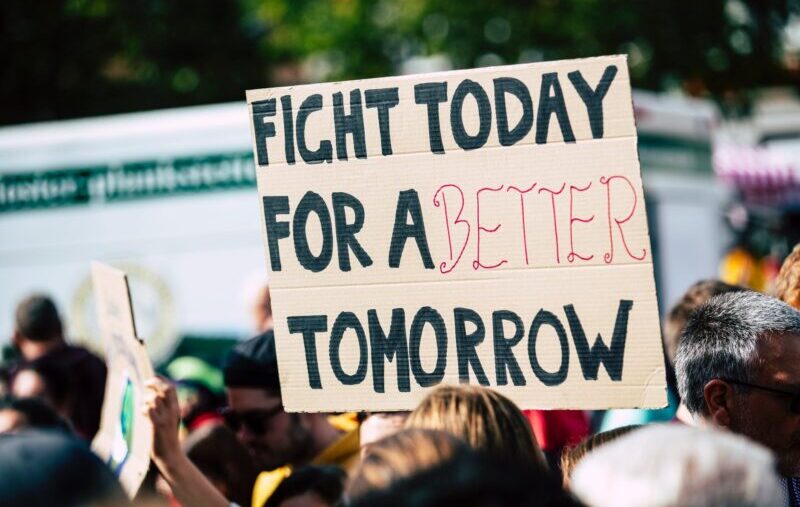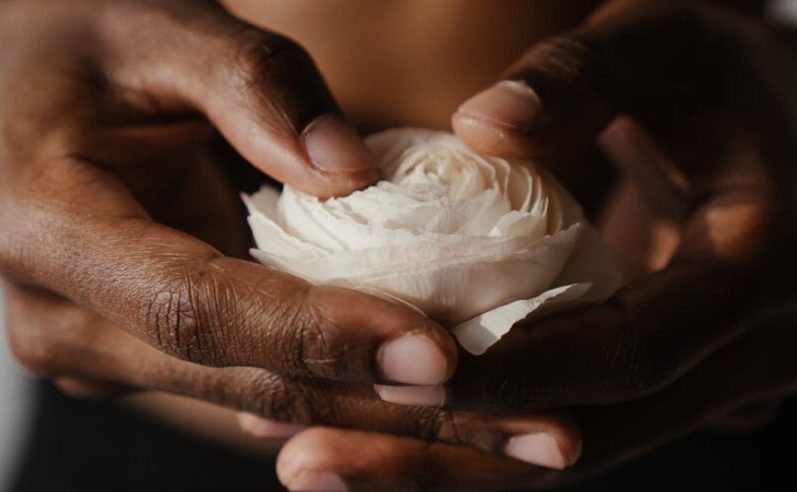This is #13 in the series, “50 Ideas Worth Fighting For.”
Actually, it’s not just an acceptable answer, it’s often a great one.
It is wonderfully counterintuitive that the ability to say “I don’t know” comes from self-confidence. It is self-assurance in what we do know that allows us the ability to be more curious, rather than defensive, about what we don’t.
This is, for me, one of the signs of mature leadership (and parenting, too for that matter), the ability to openly and publicly “not know.” The power surge from “not knowing,” when treated as a collaborative and even connective moment, can be significant.
If a leader says “I don’t know” when asked a question by a team member, and then asks, “Do you have any ideas?” or “Who else do you think we could ask about this?” or “What resources do we have to figure this out?” that person is now jointly engaged as a problem solver. That person is now engaged at a much higher level.
Good leaders, like good parents, are facilitators of discovery, connection and learning. They do not see themselves as repositories of knowledge but as catalysts for the dynamic exploration of potential. They can’t define what that is with perfect clarity or precision, only that it is more likely to be discovered if we are all committed to the search.

Photo by Bruno Scramgnon on Pexels.com





